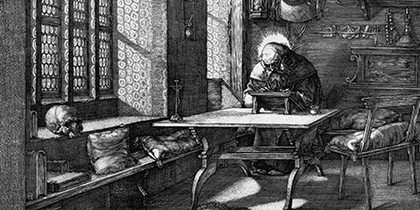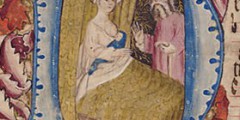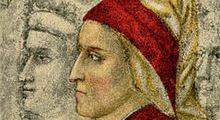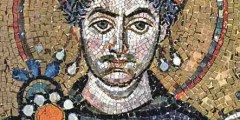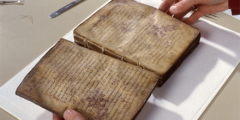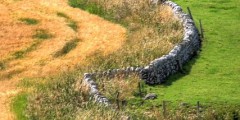Early Modern Medievalism: The End or Creation of the Middle Ages?
March 27, 2015
Post by Dr Mike Rodman Jones, School of English Albrecht Durer’s St Jerome in his Study (1513) is a seminal work in Renaissance art history. It is also one that, in its subject, execution, and reception, divides cultural time in a way that both omits and contains the Middle Ages. St Jerome (d. 420) appears …
Eclipses and comets and portents (oh my)
March 18, 2015
Contrary to popular opinion medieval people did not think that the world was flat. Educated people worked on an Aristotelean idea that the world was round and that it had different zones (including places that were either too hot or too cold to live in). However, medieval people, just in Antiquity, did not know that …
‘þe best mylke is womman milke’: Does Breast Milk Heal? – Guest post by Erin Connelly
July 23, 2014
On a recent episode of GPs: Behind Closed Doors (Channel 5), a reality show that examines doctor-patient relationships, a young mother told her GP that she had been treating her infant’s conjunctivitis with breast milk. The GP was surprised by this treatment and advised against it, stating that it was both ineffective and unpleasant. However, …
Dr Barbara Reynolds – Happy 100th Birthday!
June 12, 2014
Tomorrow (13 June 2014) is the one hundredth birthday of Dr Barbara Reynolds, President of the Dorothy L. Sayers Society and former Reader in Italian at the University Nottingham from 1966 to 1978. She was also Warden of Willoughby Hall between 1963 and 1969, alongside her husband Lewis Thorpe (Professor of French and well-known translator …
Rethinking Ravenna: review
April 10, 2014
A guest post by Maroula Perisanidi, postgraduate student in History ‘Our royalty is an imitation of yours, modelled on your good purpose, a copy of the only empire, in so far as we follow you we excel all other nations’ These are the terms used by Cassiodorus on behalf of King Theoderic (493–526) to express …
Jacques Le Goff (1924-2014)
April 3, 2014
I opened my Guardian yesterday to read that the famed French historian Jacques Le Goff has died aged 90. Like the late Eric Hobsbawm, Le Goff was one of the great public intellectuals of the last fifty years, a powerful advocate for the societal importance of history. He pioneered new ways of seeing the Middle …
A chilly spring?
March 27, 2014
Ane doolie sessoun to ane cairfull dyte doolie: doleful; dyte: story Suld correspond and be equiualent. Suld: should. So begins Robert Henryson’s The Testament of Cresseid, a story of what happened to Cresseid (or Criseyde or Cressida, depending on your preferred version) after she left Troy. Henryson’s …
Ross Balzaretti, Thinking about Ravenna
March 7, 2014
A guest blog by Dr Ross Balzaretti, History, University of Nottingham Judith Herrin is one of those (all too rare) historians who asks and answers unexpected questions, and her forthcoming IMR lecture ‘Rethinking Ravenna: The Ostrogothic Inheritance’ (5.30pm, 27 March 2014, A41, Clive Grainger Building, University Park) will no doubt do just that. I am …
Older Scots and Middle English: mutually comprehensible dialects?
February 24, 2014
The witticism that Britain and the US are countries divided by a common language might equally apply to Scotland and England. To avoid too much controversy, I am neither going to attribute the thought, nor am I going to discuss contemporary linguistic matters, but instead limit my discussion here to the fourteenth, fifteenth and sixteenth …

